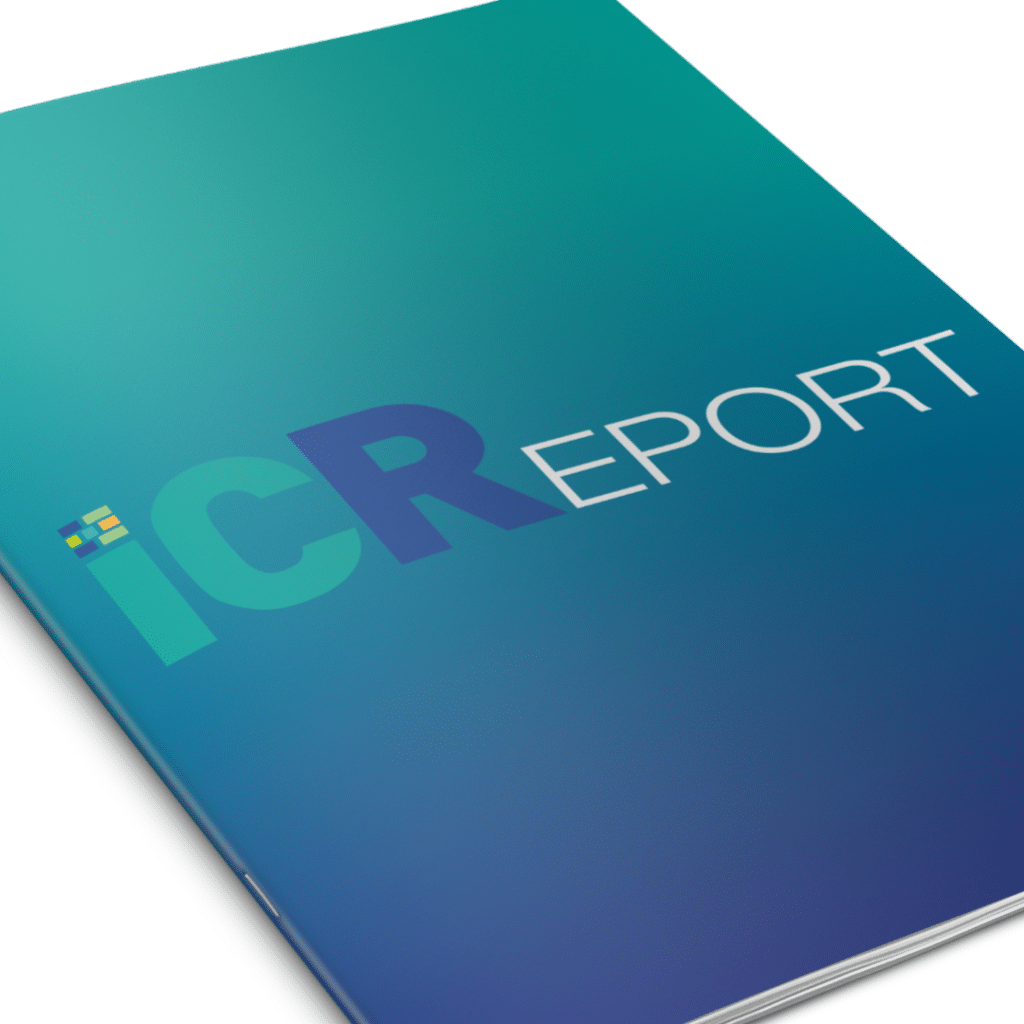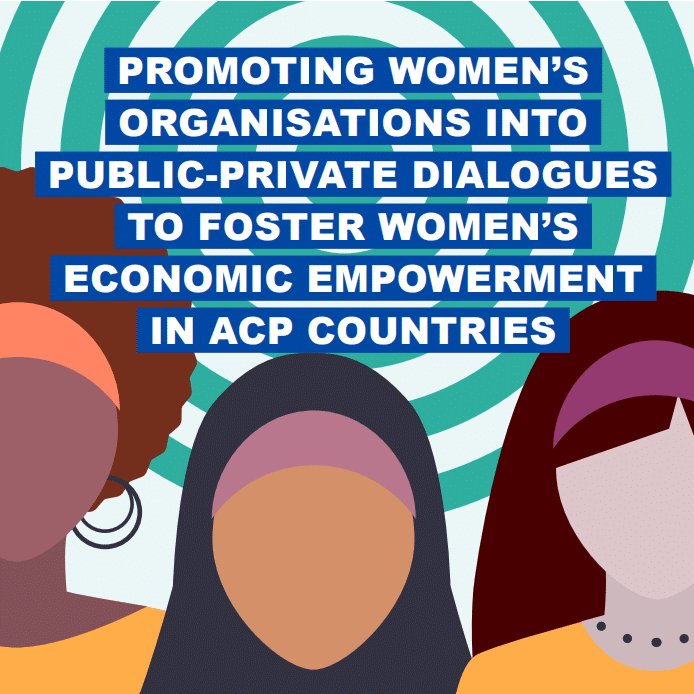Executive Summary:
This report focuses on how to support the creation, growth and sustainability of women’s business associations (WBA) and women’s chapters in chambers of commerce. Secondly, it shows how these women’s organizations can positively promote women’s economic empowerment (WEE) and thus sustainable economic growth in African, Caribbean, and Pacific countries by advocating for their needs in public-private dialogues (PPD).
Women are less likely than men to be involved in PPDs, in part because of the under-representation of women in leadership positions among business associations, chambers of commerce, and senior official government roles. Additionally, the outcomes of PPDs do not necessarily, by design, address the differential needs of, and barriers faced by, women-owned businesses and female employees. Social and cultural norms, existing laws and regulations, and family dynamics (e.g., time scarcity, male control mechanisms) that exclude women from the public sphere further explain this lack of participation and representation in PPDs.
Key Findings:
- Social and cultural norms, family dynamics, and laws and regulations affect women’s likelihood to participate in PPDs, both as decision-makers and as private sector representatives.
- Women’s participation in PPDs is key to supporting reforms that benefit women-owned businesses and female workers.
- Promoting women’s associations and women’s chapters of chambers of commerce can help to encourage more inclusive PPDs.
- Women’s organizations can champion key business environments reforms in PPDs that promote better work conditions for female workers and women-owned businesses.


